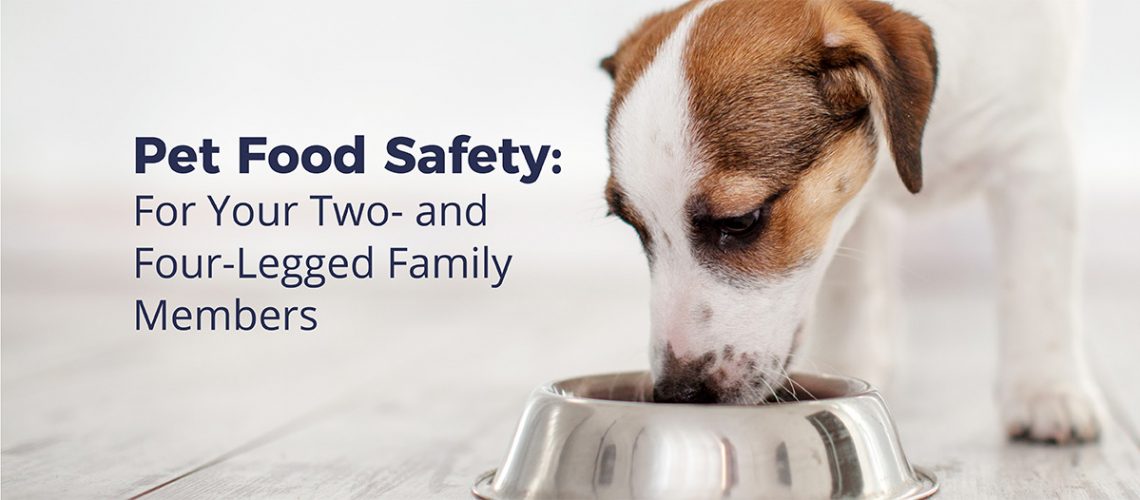Digest This
Click on the topics below to learn how probiotics can improve your digestive health, naturally.

Pet Food Safety
- @drHoberman
- Misc
Can Fido’s Food Make Your Gut Sick? Yes!
If we’re completely honest, the bar for cleanliness in most homes takes a big hit when we live with pets (and kids, but that’s another story for another day).
We give them cool names and treat them like members of our family (actually like royalty), yet the familiarity has made us two-legged creatures all too lax when it comes to protecting our health from gut-sickening bugs like E. coli and Salmonella.
Unfortunately, you’re exposing your body to harmful gut bugs merely by the way you handle your pet’s food, according to a recent study published in PLOS One.
BAD Pet Parents!
Researchers at North Carolina State University recognized the need to examine the unhygienic feeding of pets based on their own practices which were haphazard and disregarded FDA safety recommendations.
For the first part of their study, scientists polled 417 dog parents about their pet food handling preparation, and the results were scary based on the numbers:
- Less than 5 percent of pet parents were aware of FDA guidelines for handling pet food.
- Not only did a third prepare their pet’s food in the same places they made their own meals, roughly the same number washed their hands afterward.
- Some 43 percent of pet parents stored dog food 5 feet or less from where they made their meals.
Scientists followed up with 50 owners (68 dogs) for a bacterial analysis of food bowls, based on two groups following FDA guidelines for cleanliness, food handling and a third control group following no extra steps at all for eight days.
Pet parents in both groups who followed FDA suggestions decreased the amount of bacterial contamination in food bowls by at least 90 percent. On the other side, bacteria increased in bowls between tests among pet parents who followed no restrictions.
Keeping It Clean!
If those numbers don’t concern you, this one should: Among the families surveyed, 36 percent had kids or members who were immune-compromised leaving both groups very vulnerable to illness from bad bacteria.
What’s more, the risk of exposure to harmful bacteria like E. coli isn’t confined to the poor handling of commercial pet foods. While the primary focus of this study was on feeding dogs dry and canned foods, about 4 percent of pet owners prepared cooked foods or raw commercial foods for their pets which could be contaminated by bad bacteria (Salmonella and Listeria monocytogenes).
(If you do feed your pets raw foods of any kind, we urge you to check out this FDA fact sheet listing stringent guidelines for preventing foodborne bugs from harming you and your family.)
All that said, the good news here is that many of the very same recommendations we’ve shared with you often during the coronavirus pandemic for protecting your immune system also apply to handling your pets’ meals and dishes, like thorough hand-washing.
One extra step you can take to protect your immune health from gut-sickening bugs like E. coli is an easy one: Taking a probiotic with multiple strains of beneficial, medically proven bacteria from the Bifidobacterium and Lactobacillus families, like EndoMune Advanced Probiotic.
Resources
There Is An Endomune Probiotic For Every Lifestyle
-
EndoMune Metabolic Rescue
$44.95 -
EndoMune Advanced Probiotic
$42.95 -
EndoMune Companion Pack
$112.93








